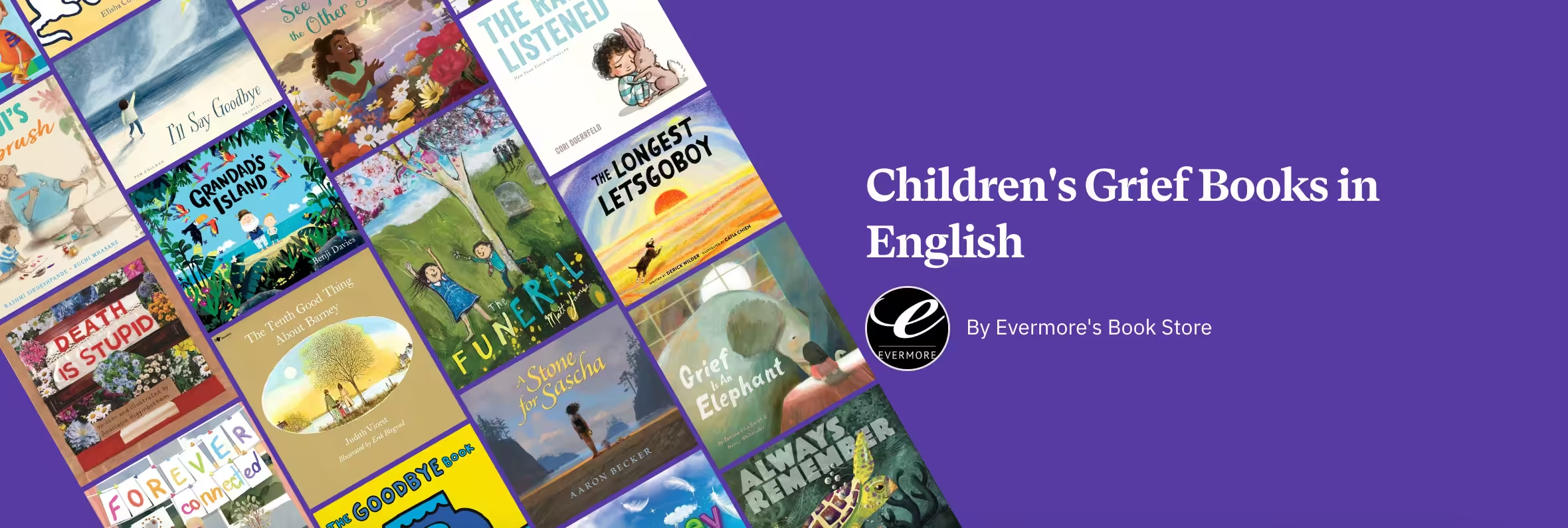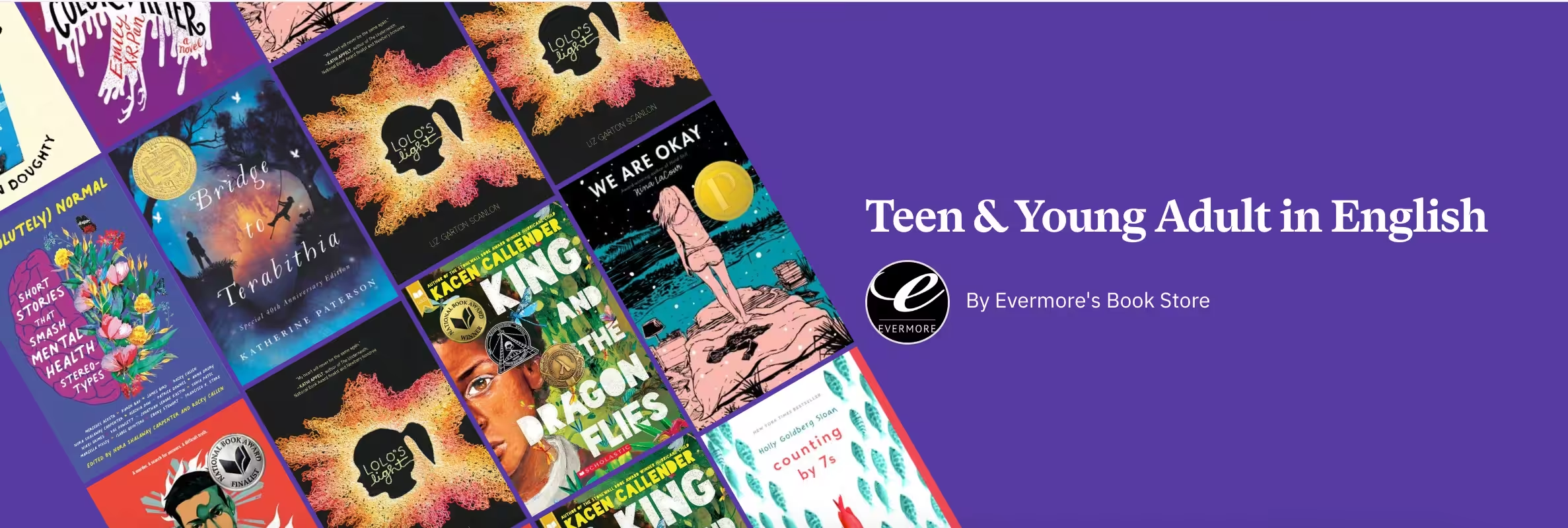Siblings are grieving for their own loss and hoping to maintain family unity, most never share their pain.
Growing up together fosters a unique relationship among siblings. Shared meals, jokes, holidays and perspectives create a deep bond that is meant to last a lifetime. When a sibling dies, their parents’ grief often renders them unable to care for themselves, let alone their children. This combination creates profound needs for brothers and sisters at any age:
Feelings of emptiness, abandonment and wading through their own loss alone are experienced by young and old siblings alike. Many siblings keep their feelings private in an attempt to protect parents and other family members.
Guilt and inadequacy. In some cases, siblings will feel that they are somehow responsible for their brother’s or sister’s death. This can be compounded with feelings of inadequacy or believing that “I will never be enough” to make my parents happy again. It is imperative to acknowledge surviving siblings, furnish them with attention and reinforce that they are valued.
Siblings are grieving for their own loss and hoping to maintain family unity, most never share their pain.
Growing up together fosters a unique relationship among siblings. Shared meals, jokes, holidays and perspectives create a deep bond that is meant to last a lifetime. When a sibling dies, their parents’ grief often renders them unable to care for themselves, let alone their children. This combination creates profound needs for brothers and sisters at any age:
Feelings of emptiness, abandonment and wading through their own loss alone are experienced by young and old siblings alike. Many siblings keep their feelings private in an attempt to protect parents and other family members.
Guilt and inadequacy. In some cases, siblings will feel that they are somehow responsible for their brother’s or sister’s death. This can be compounded with feelings of inadequacy or believing that “I will never be enough” to make my parents happy again. It is imperative to acknowledge surviving siblings, furnish them with attention and reinforce that they are valued.
Engage with and be there for surviving siblings
Especially when parents are distraught, exhausted and mourning. Surviving children are a gift to parents and, in time, may be critical to long-term coping. Yet, in the immediate aftermath, parents often struggle to maintain their own mental or physical health, let alone care for other family members. Friends, family and neighbors can help in a number of simple ways – by taking a bereaved sibling to a park, a ballgame or a concert, or by taking over the task of supervising homework and communicating with schools.
Be cognizant of upcoming holidays or even life’s regular events
Attending a holiday show at school, carving a pumpkin or making cards for upcoming holidays are simple ways to show support and provide welcome relief for both parents and children.
For younger children, grief can manifest itself in social interactions with peers. Older and adult siblings may struggle in relationships with life partners and/or their own children.
Integrate their deceased brother or sister into their lives
A growing number of families today have lost an only child or all their children. Many of them have no grandchildren and are too old to start another family, adopt or foster. Parents who have been obliterated in this way suffer extraordinary hardships and loss of identity, as they no longer have a child to parent on this physical earth. Are they still a parent? Their legacy is gone, and they will face issues, such as who will become their healthcare surrogates and who will become their beneficiaries and inherit their possessions and photo albums as they age. Who will look after them and visit them when they are older? It is often a very lonely, frightening world for parents who have lost their only child/all their children.
Bereavement Books for Siblings

Children’s Grief Books in English

Teen & Young Adult Grief Books in English


